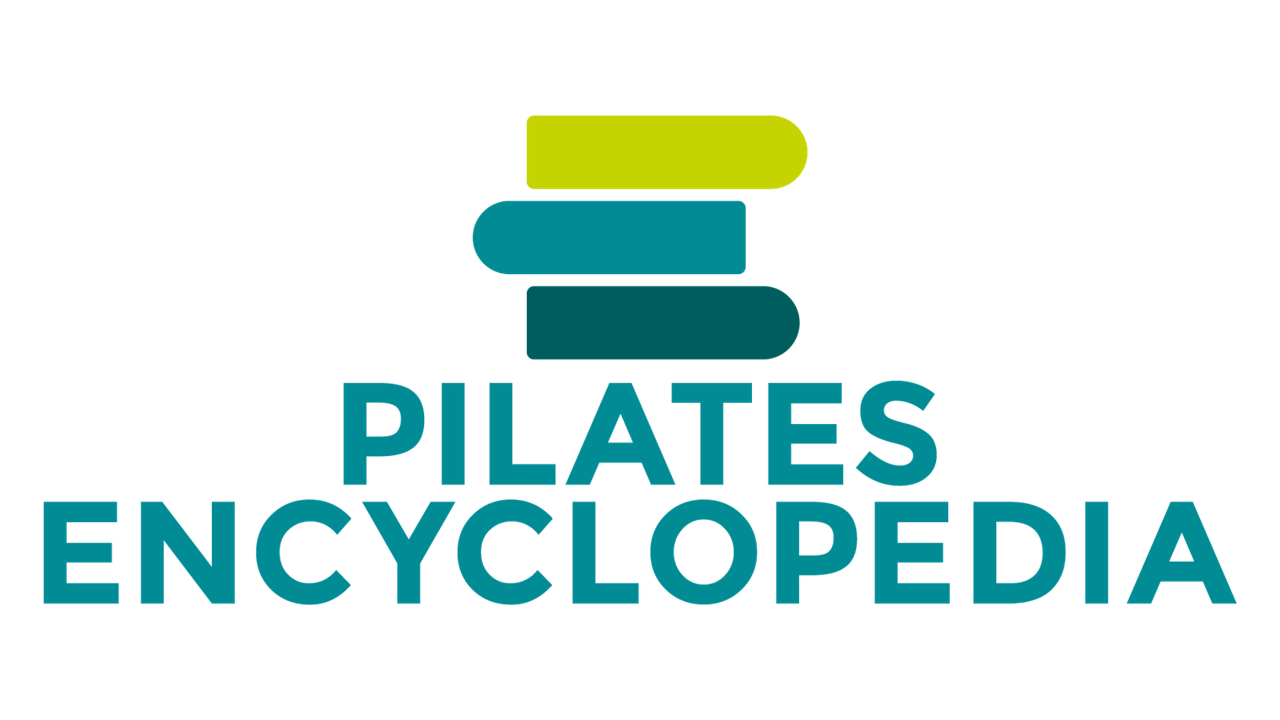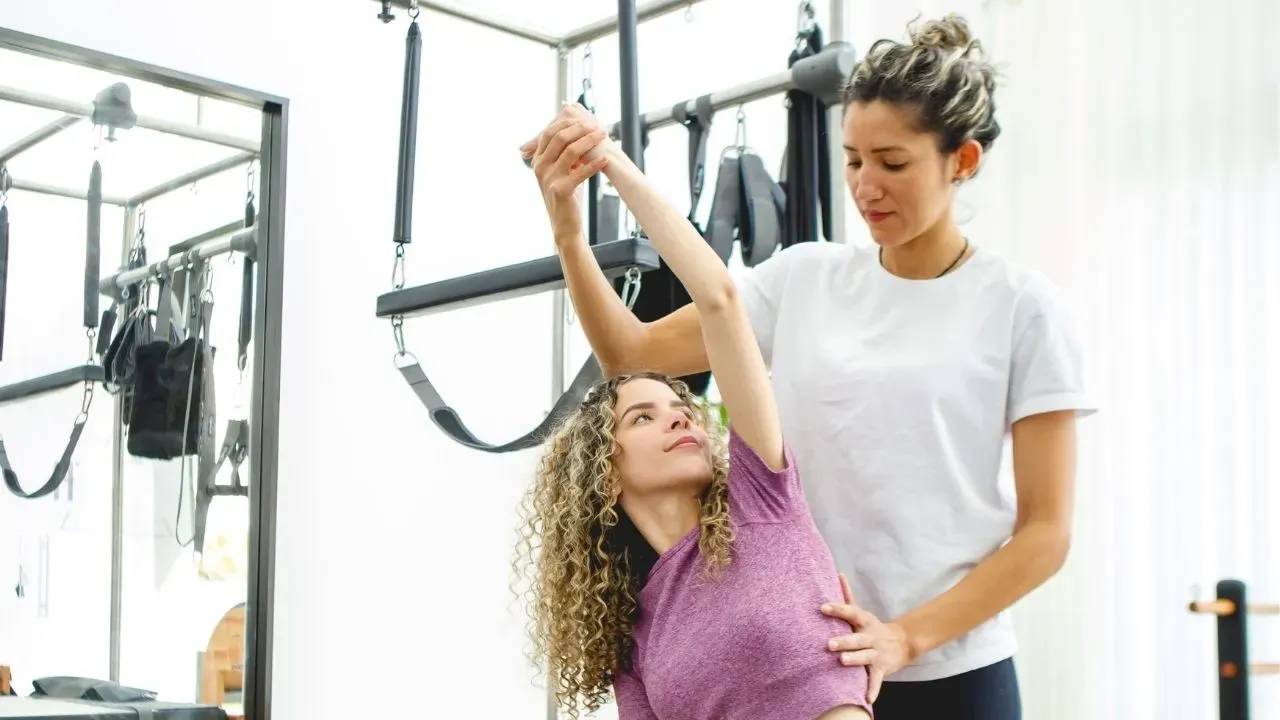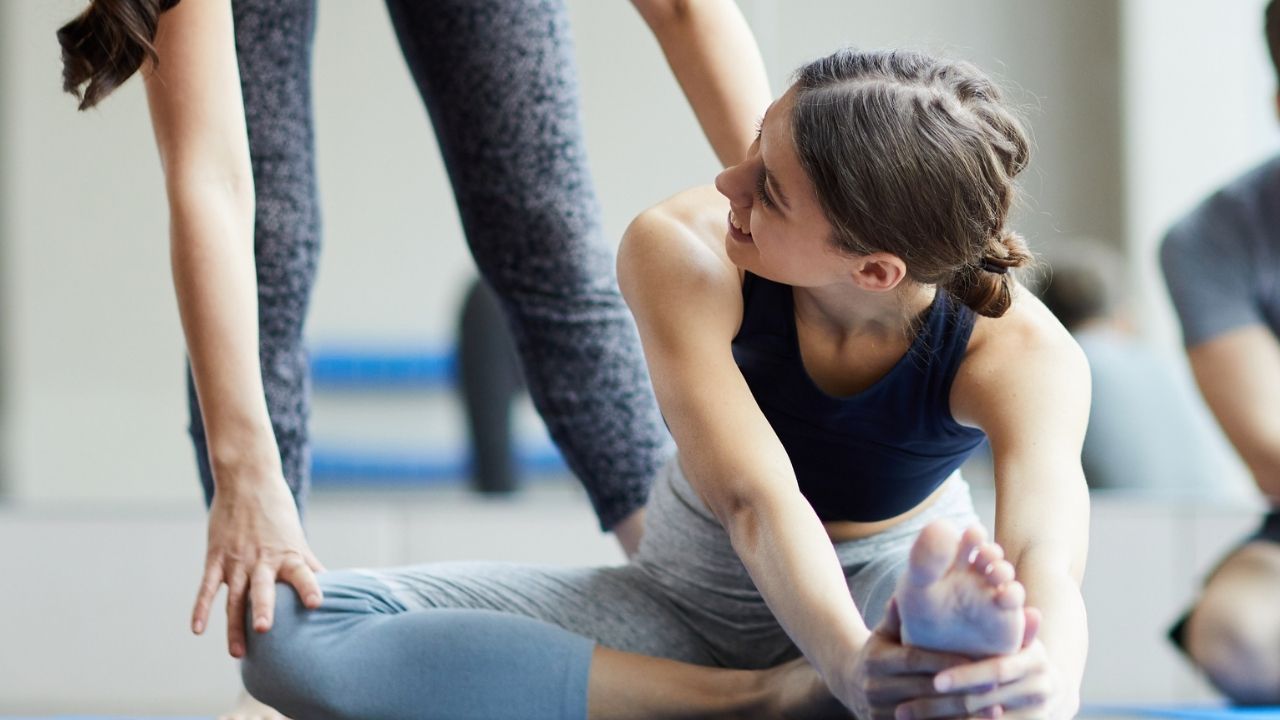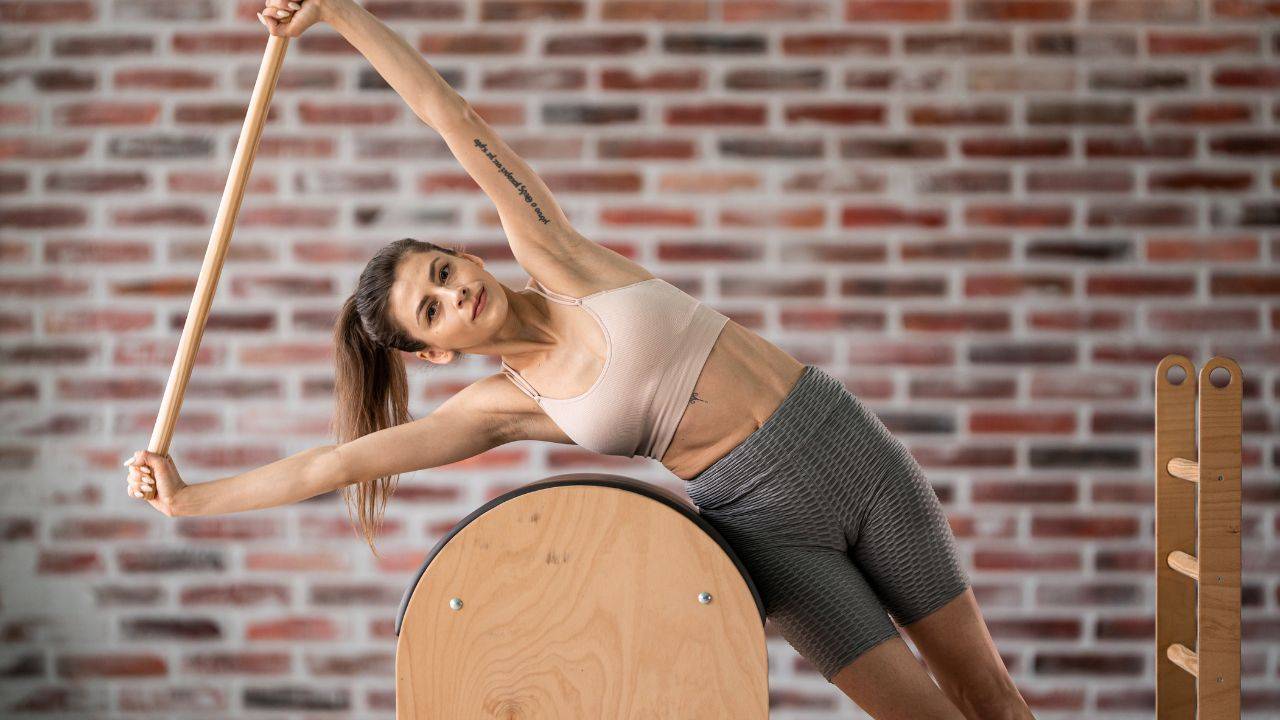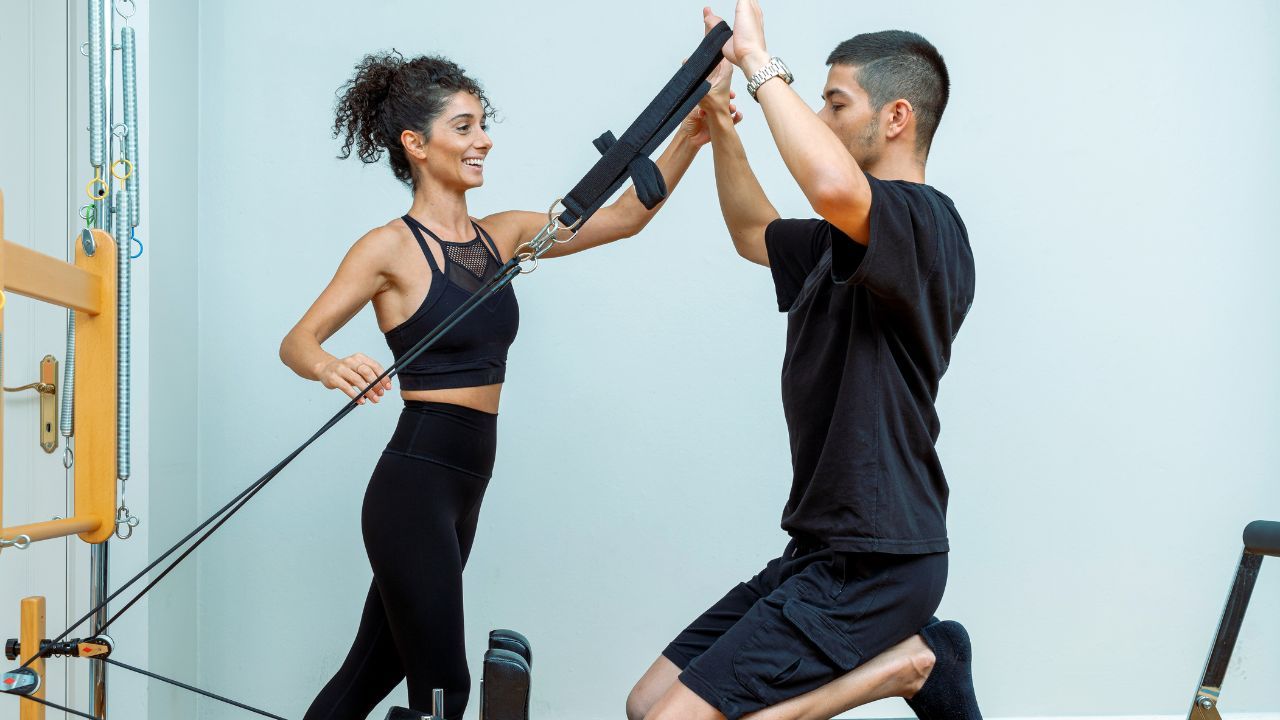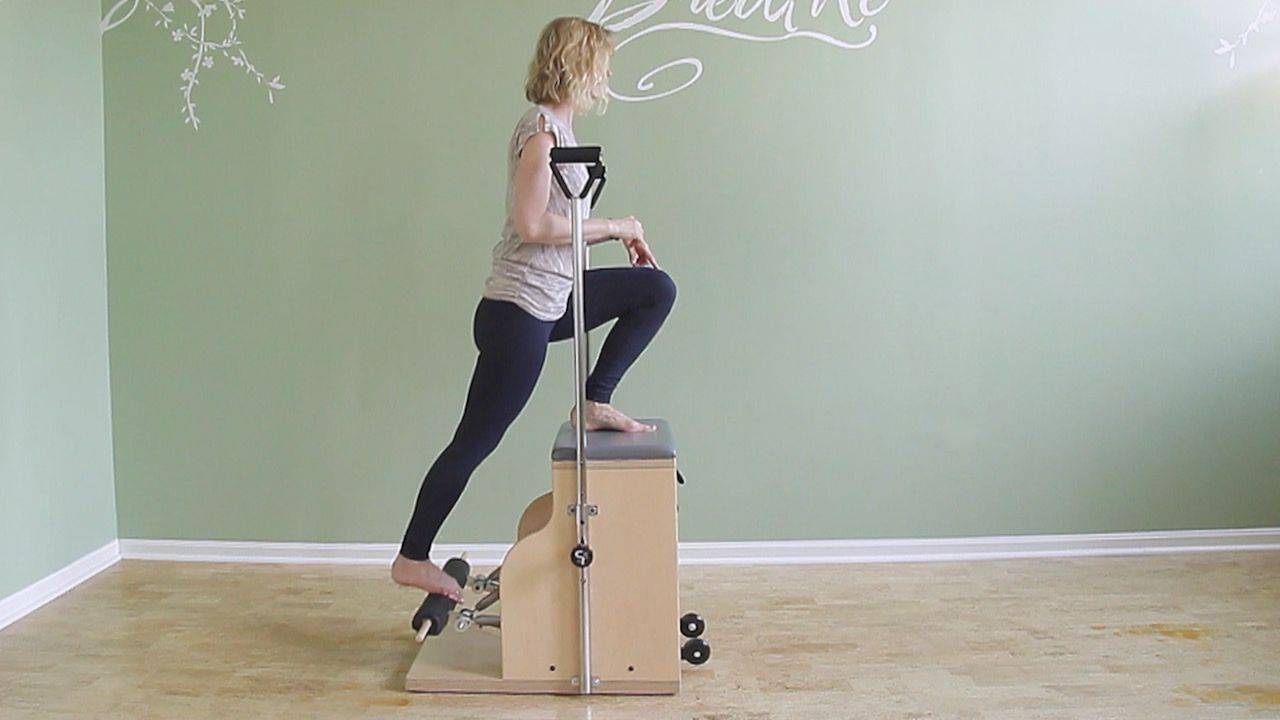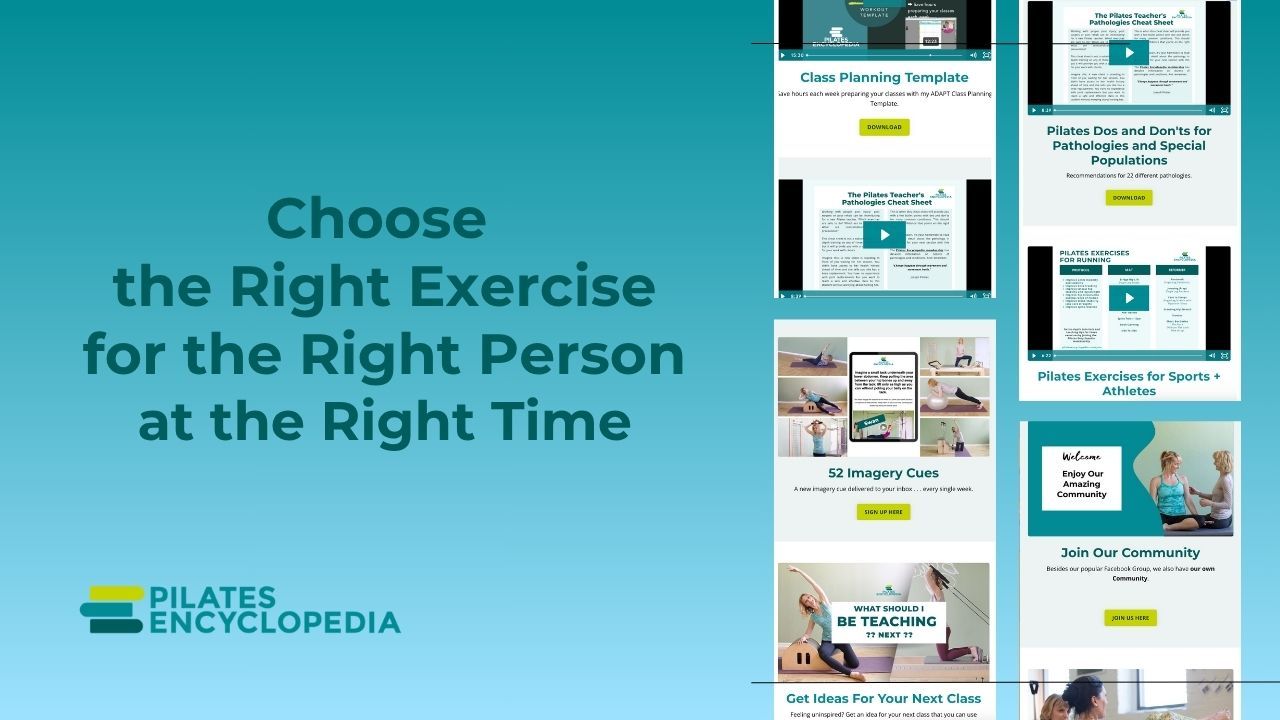How To Cue Your Student's Posture in Standing Pilates Exercises
Mar 01, 2020
How do you make sure that you have good alignment in standing exercises?
Maybe you’ve heard that you should stack the pelvis over the ankles, and the ribcage over the pelvis, and the head over the ribcage. Kind of like stacking Jenga pieces on top of each other to create a strong and high tower.
In theory, this is great. That’s exactly how we want to stack the body up. But there’s one major problem. Most people are under the impression that they’re already doing that. Isn’t that the normal way to stand? Wouldn’t they fall over otherwise?
The problem is that we stack sloppily. Yes, we hold our head kinda-sorta above the pelvis, but we're not very precise. (Forward head anyone?) Additionally, it's impossible to see our vertical alignment from where our eyes are (in the front of our head) without moving the Jenga tower (body). This is to say, we need outside help from our teacher. But her telling me to stack one part on top of the other is not enough. I know that already. What I don't know and can't feel nor see is which parts are just a bit too far forward or a half-inch too far back. Hey, maybe my ribs are shifted to the side or my whole ribcage tilted (lower on one side).
Related: The Cueing Cure: Dramatically Improve Your Verbal Cueing in 30-Days
Maybe there’s a better way to describe alignment for standing exercises.
Let’s take Piano Lesson Facing In on the Chair (otherwise known as Plie Front) as an example. This is a challenging full-body exercise so it’s easy to lose alignment in this one. Try these cues to help with standing alignment:
- Let your head float up into the air light as a balloon (axial elongation).
- Grow taller as you squat/plie down (opposition).
- Lengthen your first vertebra upwards as you bend your knees (opposition).
- For teachers: Place your palm against your student’s upper back and ask them to lean back into your hand or stay in touch with your hand. Make sure to keep your hand in line with your student’s hips (vertically).
Are you going to practice or teach Piano Lesson Facing In this week? What are your favorite tips for this exercise?
In the Pilates Encyclopedia, we look at every detail of Piano Lesson Facing In, from head to toe, to help you get the maximum benefit from this exercise.


